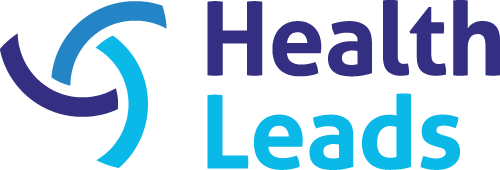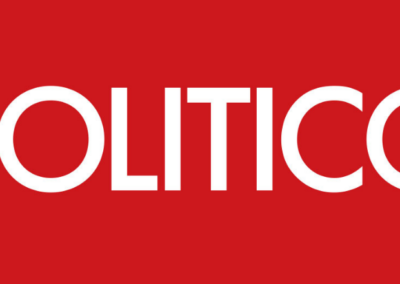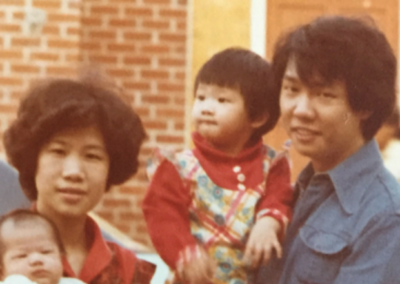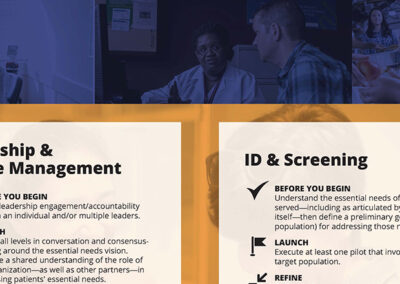View from a Social Worker: Harmful Immigration Policy Hurts Everyone’s Health
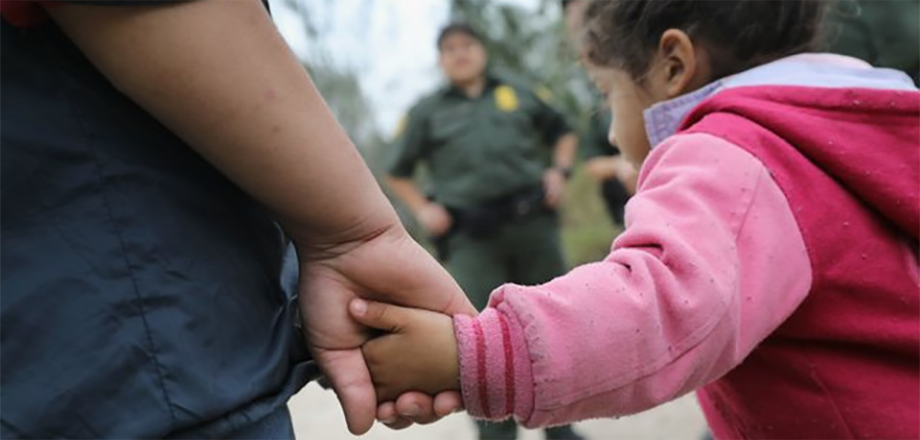
Rage and disbelief. Those were my primary emotions when I saw the first headlines from the US-Mexico border. The cold political calculus and inhumanity put on display as the Trump Administration began to separate babies from their parents’ arms and put young children in cages struck at my heart in a profoundly personal way. The families that are impacted by this crisis look like my family. They are parents who are committed to making a better life for their children; families that are unified and willing to sacrifice everything for the well-being of their kids. And yet, this Administration seems intent on creating a public health crisis in its unending effort to ‘crack down’ on children and families.
Not Isolated, But Systemic
Over the past year, the media has shone a spotlight on the desperate conditions in Central America that have driven families to risk their lives and migrate to a country that promises a chance at safety and success. After families endure incredible hardship along their path, they are increasingly likely to be denied entry into the United States, even in asylum cases. And those who do make it are often traumatized further upon crossing the border.
The Trump Administration’s latest push to bar immigrant families from remaining in the U.S. came in its recent public charge proposal. This policy punishes individuals who earn less than 250% of the federal poverty line as “likely to become dependent on government assistance,” and therefore more likely to be inadmissible. By this definition, a family of four would need to earn more than $62,750 — more than the average American household income of $61,372 — to be eligible for residency status. That means any immigrant must make more than the wealthiest 50% of our population if they hope to establish a new life for their family in the U.S..
As a public health clinical social worker who spent over a decade at a pediatric hospital, I encountered many parents who came to this country just to have a chance at saving their child’s life. These families often spent all they had on the journey and didn’t come for the benefits they might be eligible for. They came for a shot at saving their child’s life. Having food on the table shouldn’t be the main concern when a family has a sick child in the hospital, and I was able to guide them through the public assistance safety net so they could focus on their child’s health. Research shows that people receiving Supplemental Nutrition Assistance Program (SNAP) benefits are healthier, and it’s programs like these that ensure families don’t go hungry.
So when the Administration released its proposed public charge changes, I couldn’t understand why anyone would think this is better for our country. To be clear, it’s not. This is just the latest push for discriminatory policies that reveals a deep-rooted contempt for non-whites.
Here’s the thing: access to essential resources doesn’t stop with recent immigrants, and there could be broader policy implications in the future if these changes are adopted. Half of all households in the U.S. live on less than the income level proposed in the public charge update. Families of four often struggle on this amount and need extra support to keep the heat on during the winter, buy clothes for their children or get to the grocery store with limited transit options. The systems of inequity permeate our society; it is all around us.
A Profound Effect On Health
The implications of this intersection of social injustice and healthcare are dramatic — and have the potential to be intergenerational. Shortly after the Trump Administration began enforcing its family-separation policy at the border, we saw eligible new mothers refusing Women, Infant & Children’s services in New York clinics. In interviews with over 3,500 mothers, nearly a quarter cited immigration fears as the number one reason for not accessing nutritious food for themselves and/or their children.
This crisis doesn’t just impact undocumented people; it’s scaring citizens, too. In another example, a New England-based clinic reported that patient fear of Immigration & Customs Enforcement (ICE) action was so significant that appointment volume went down to a level that prompted staff downsizing. And there’s no reason to believe they’re alone in that experience.
The fear is so real that people are avoiding necessary medical attention, disenrolling from programs that provide access to food, and more. That means kids don’t receive vaccines; families go hungry; adults miss cancer screenings and blood pressure treatments. Countless people aren’t able to access mental health services to help with the traumatization they’ve undergone in the United States, not to mention what they fled in their home countries. Children are learning that the system is not made for them and is not to be trusted — and they too might forego their health and well-being as adults out of those same fears. The crisis isn’t isolated to this single moment in time; it will carry on for generations to come.
The Trump Administration may think it is delivering a law-and-order focused immigration policy that will “keep criminals from infiltrating America,” but they aren’t criminals. And it is doing so much more damage to the long-term health and well-being of affected families, whether directly or indirectly. Children will come down with more illnesses and miss more days of school, adults will miss work, and productivity will decline for all of us. The proposed changes to public charge will only worsen this crisis.
Our Call to Action
At Health Leads, we’re committed to deconstructing the systemic barriers that keep people from being healthy. To us, health is a basic human right, and so much of health is tethered to policies like the proposed public charge changes that drive inequity in our communities. I firmly believe that in order to secure health for our families, we must fight for equity alongside those who have been doing it for years, in most cases long before Health Leads even existed. And I see part of my role as Chief People & Equity Officer as one that amplifies voices in tackling issues head-on, especially in support of those who might not feel safe to speak out or take action on their own.
We have an opportunity to stop the Trump Administration’s attack on our health and our families, but there’s not much time. Join me in sharing your opposition to the public charge changes by the December 10th deadline. The process is quick and easy — it takes less than five minutes to make your voice heard and have an impact on countless lives. Send a message about why access to essential services matters to you, to people you care about, to your community.
I’m certainly ready to channel the rage and disbelief of the last year into action. I’d love to have you alongside me.
